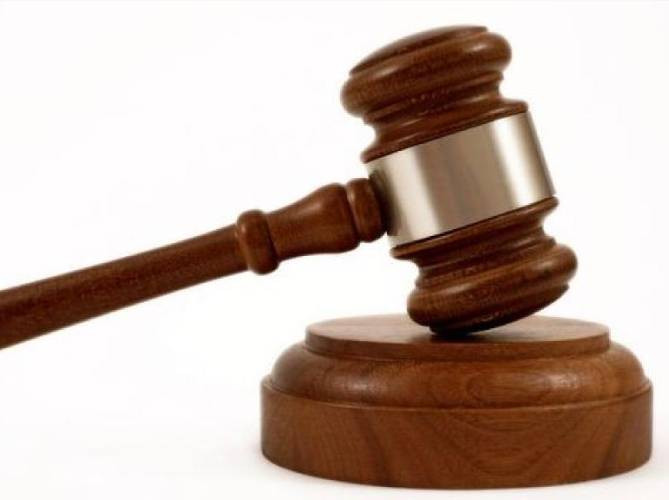×
The Standard e-Paper
Join Thousands Daily

High Court in Nairobi has dealt Kenyans a major blow by dismissing fresh twin applications to suspend the housing levy.
Justices David Majanja, Christine Meoli and Lawrence Mugambi unanimously agreed that they had no powers to entertain the applications filed by Law Society of Kenya (LSK) and Kenya Human Rights Commission (KHRC) as the Court of Appeal had already issued an order unfreezing the Finance Act,2023.